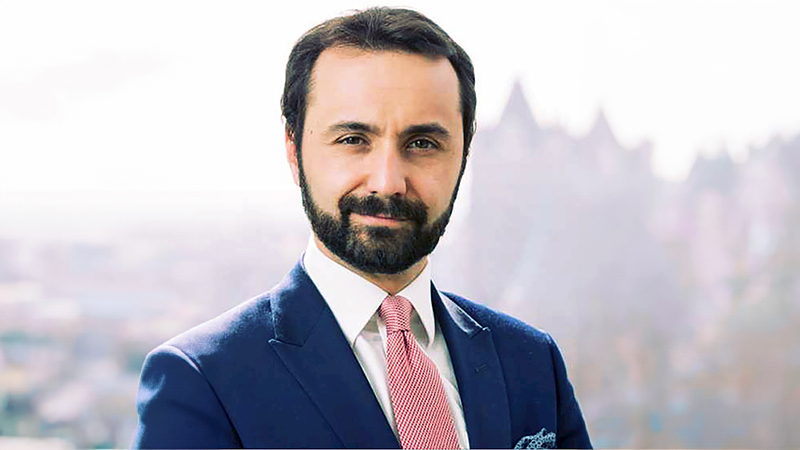While Digenan, UBS Global Asset Management’s head of US equity, concedes that US equities are around fair value, he believes that the scope for a US interest rate rise to send the market higher is a real possibility.
“The market is fairly-valued, but I say that on the assumption that Fed rates will normalise at 3.5-4% or higher in three or four years, as opposed to 2% a decade from now,” he said.
“If rates do normalise at 2.5% then the market will be incredibly cheap. If this is our normal rate environment then anybody discounting future cash flows to the present is using too-high an interest rate. The US equity market is overpriced by bearish sentiment, and bearish sentiment is as high now as it was in March 2009. Multiples are above normal, and people are afraid of when they will contract.”
Bear traps
But while Digenan is confident that the Federal Reserve have been exhibiting the right temperament in their approach to the impending rate rise, he warned that it is not inflation that Janet Yellen should be wary of.
He said: “When the rise comes is not important – what is important is how steep it is. Janet Yellen’s playbook says ‘lower for longer’ and she is not going to surprise on the upside – if she sees any upside having an impact on the economy, she will back off immediately.
“However, one risk is that the playbook is so one-sided. The Fed thinks it can keep rates low for as long as they want because there is no inflation, and if all of sudden inflation comes in then it will have a tool to bring it back down. But on the other side is deflation, and if the US enters a deflationary spiral then there is not a lot the Fed can do.
“They are doing everything they can to avoid that, which early on was very clever. However, right now we have 5.4% unemployment, GDP growth was around 2.5% in the second quarter and could get stronger in the second half of 2015, yet we have a zero interest rate policy?











